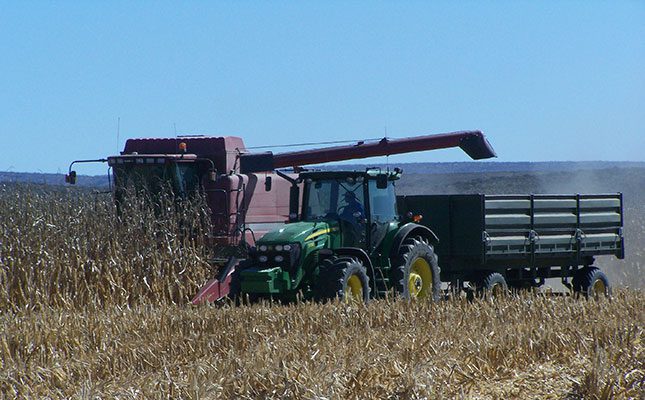
In terms of the subindices measured, debtor provision for bad debt increased by two points to 36, signalling growing worries about worsening financial conditions in the sector, while financing costs fell marginally by one point to three, revealing continued concerns over relatively high-interest rates, according to Agbiz.
The turnover subindex remained above the long-term average, even though it declined by nine points to 69, signalling that many farmers continued to benefit from relatively high crop prices, specifically of grains and oilseeds. The large summer crop harvest expected in the 2022/23 season also provided support in this regard.
The market share of the agribusiness subindex dropped by 10 points to 58, mainly driven by a decline within the horticulture and livestock subsectors, while the employment subindex declined by 12 points to 47, signalling concerns about employment conditions.
The capital investments subindex fell by seven points to 59, while the general economic conditions subindex fell by 14 points to reach 11, the lowest level since the second quarter of 2020. This drop was largely based on challenging business conditions brought on by persistent energy shortages, inefficiencies in network industries, inflation concerns and rising interest rates.
The general agricultural conditions subindex fell by nine points to 31, the lowest since the fourth quarter of 2019, reflecting the impact of excessive rain at the start of the 2022/23 summer crop production season, which created challenges for farmers and agricultural role players, as well as concerns over the impact that load-shedding could have on areas under irrigation.
The net operating income subindex was up by two points to reach 61 points, reflecting better operating conditions in grain and oilseed businesses, while the volume of exports subindex increased 13 points to reach 63. This was unsurprising, Agbiz said, considering the solid export activity observed in 2022, with South African agricultural exports up for the third consecutive year, reaching $US12,8 billion (about R234 billion) in 2022.
Dawie Maree, FNB’s head of agricultural information and marketing, told Farmer’s Weekly that the decline in business confidence was expected considering that general business confidence was also down in the country because of the challenging economic environment.
He said that possible El Niño conditions hitting South Africa later this year was also creating concern in the agriculture sector.
To restore business confidence, Maree said the energy crisis had to be resolved to put an end to load-shedding, inflation had to be kept under control, and interest rates needed to be stabilised.
Maree added that global economic conditions were also challenging, with the US and EU similarly suffering high inflation and increasing interest rates.
In terms of agribusiness confidence, the Ag Economy Barometer report by Perdue University in Indiana, revealed that US farmers’ sentiment weakened in February, as high input costs and rising interest rates continued to concern agricultural role players.











